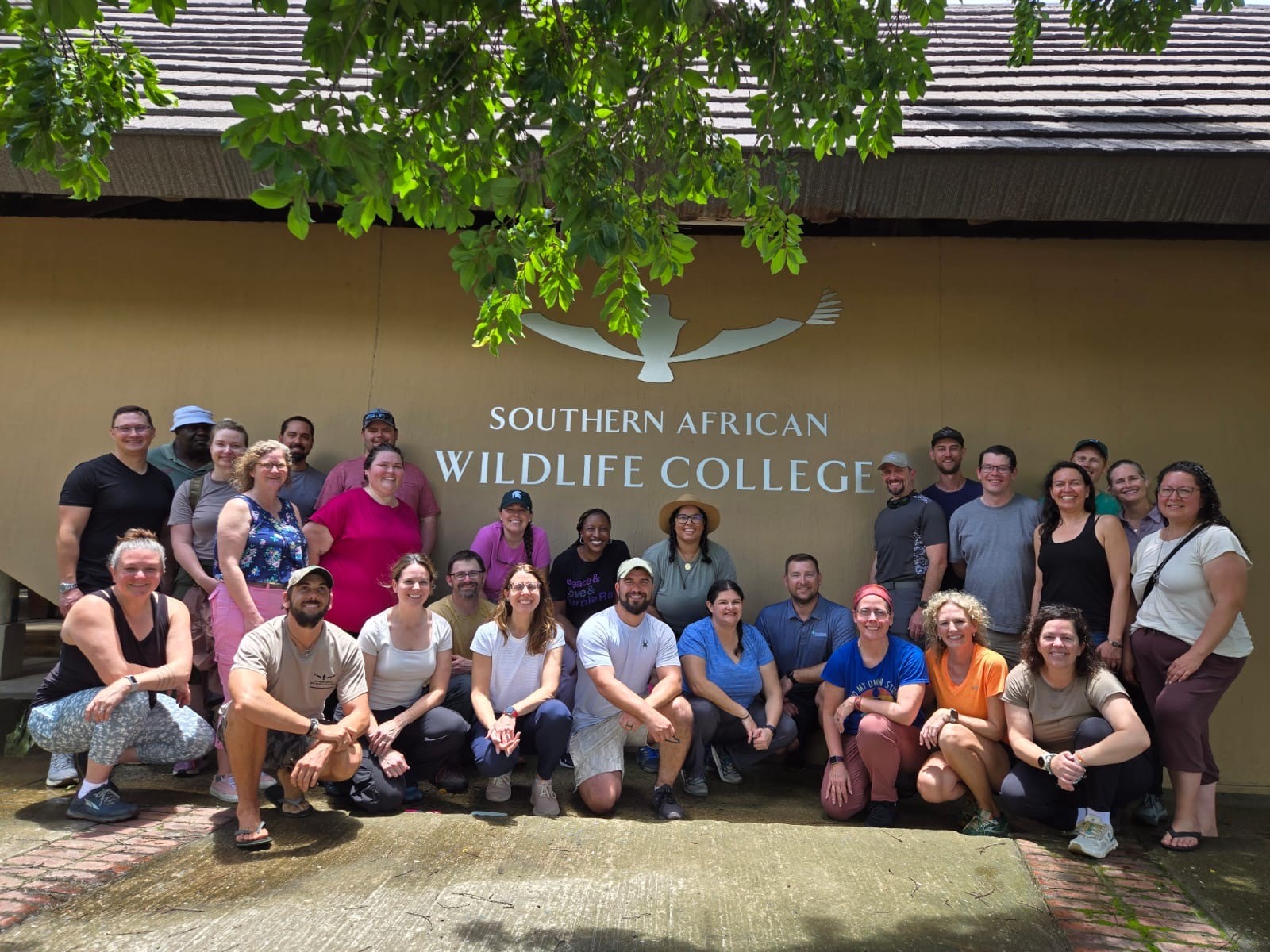Program Overview
The outline below provides an overview of the Great Lakes Leadership Academy, Leadership Advancement Program (LAP) curriculum. Over the course of the year, participants will learn from knowledgeable practitioners and professional instructors to advance their understanding of leadership concepts and in-depth perspectives of Michigan’s diverse sectors at the intersection of agriculture, natural resources, and community development.
Two, three-day Classroom Leadership Intensives will convene in February and March. Instruction will center around foundational leadership concepts such as self-awareness, navigating change, communication, and understanding of the importance of interactions with others. Techniques will include approaches to collaboration, building trust, and developing systems thinking approaches for gathering broader perspectives. Each participant will voluntarily commit to the co-creation of a brave space that fosters trust and respect between the cohort, program staff and instructors.
The Agriculture and Food Systems regional session consists of three days of immersion in West Michigan. Understanding the agricultural economy and the complex systems that affect food production and distribution is vital to leadership at the local, state, and national level. Michigan’s agricultural economy has a tremendous impact on communities throughout the state. This session will provide the cohort with a pathway for better understanding the concerns, needs and challenges related to agriculture, agribusinesses, and regional food systems.
Experiential Learning Objectives:
- Understand the interconnectedness of rural and urban Michigan and how statewide policies impact agriculture and agri-business.
- Examine farming in the past and present and opportunities for the future.
- Explore technology in farming, food production, and food safety.
- Understand the impact of agriculture and agri-business on Michigan’s economy.
- Learn how leaders work to increase food security at the state, local and national level through advocacy, resource management, and collaboration among stakeholders.
- Understand emerging trends in agriculture and food systems that are impacted by local and global dynamics.
The Community Development regional session consists of three days of immersion in southeast Michigan. Community strengthening requires leaders who are skilled at bringing people together for establishing pathways towards collective goals. Whether an individual is working in business, nonprofit or in education, it is vitally important for leaders to understand their connection to community development. The session will introduce cohort members to strategies that can help better understand the social, economic, and physical dynamics in communities.
Experiential Learning Objectives:
- Explore history, culture, industries, and major economic drivers through experiential learning within communities.
- Build an awareness and understanding of diversity, equity, and inclusion.
- Consider opinions of current leaders on critical issues facing Michigan’s communities.
- Gain awareness of models and strategies for engaging community members in meaningful dialogue.
- Learn about trends in entrepreneurship, economic development, and regional growth to support industries and local impact.
- Learn about techniques and resources in both urban and rural communities for building capacity, growth, sustainability, and revitalization.
The Conservation, Natural Resource, and Environment regional session, sponsored by the Hal and Jean Glassen Memorial Foundation, will consist of three, full days of immersion in the Upper Peninsula. The key objective for the session is to foster a stronger network among leaders who can work together in protecting our State’s valuable natural resource assets.
Experiential Learning Objectives:
- Gain a greater understanding of how natural resources and conservation affect the economy and quality of life in Michigan.
- Consider the opinions of current leaders on the political, social, cultural, and economic factors that affect Michigan’s natural resources.
- Develop skills for having successful conversations around complex natural resource issues.
- Gain awareness of models and strategies for engaging diverse community partners in meaningful dialogue.
- Recognize Indigenous ways of knowing and approaches to natural resource management.
The International Capstone Experience is an opportunity for the cohort to explore various issues at a global scale and gain perspectives from diverse leaders in other parts of the world. An intensive agenda and itinerary will feature opportunities to examine various issues from an international perspective as well as meet with local leaders, practitioners, and community members to witness leadership in context of the cultural and social challenges.
Experiential Learning Objectives:
- Explore and learn about community development, food systems and agriculture, natural resources, conservation, and quality of life issues from an international context.
- Create opportunities for developing a broader view of various economic, political, cultural, and social systems.
- Examine leadership in the context of differing political, cultural, economic, and social systems.
- Explore interconnections of various topics and challenges from a global lens.
The final activity of LAP is the Graduation Event designed to celebrate completion of the program. Participants will reflect on their experience, growth, and progression as leaders for the common good. Graduation will take place in February 2027.




 Print
Print Email
Email